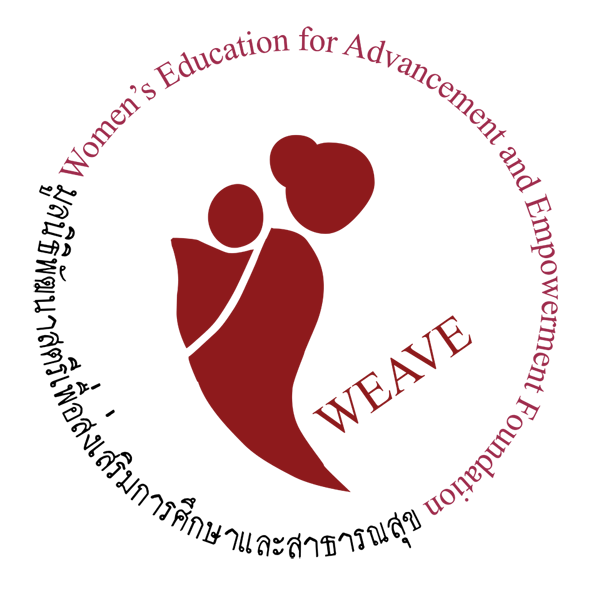 Exciting things are happening in the research section of WEAVE this year! WEAVE has recently ventured into research that supports the development of WEAVE’s programs and projects and on relevant issues related to the women and the children in the Thai-Burma border. The new and expanded Publication section of WEAVE is now called Research, Publication, and Documentation (RPD). RPD is currently conducting a pioneering research, sponsored by the Amy Mahan Research Fellowship, that looks into the roles of Internet/Internet centers and mobile phones in empowering women migrants and refugees politically, economically, socially, and culturally. The research focuses on
Exciting things are happening in the research section of WEAVE this year! WEAVE has recently ventured into research that supports the development of WEAVE’s programs and projects and on relevant issues related to the women and the children in the Thai-Burma border. The new and expanded Publication section of WEAVE is now called Research, Publication, and Documentation (RPD). RPD is currently conducting a pioneering research, sponsored by the Amy Mahan Research Fellowship, that looks into the roles of Internet/Internet centers and mobile phones in empowering women migrants and refugees politically, economically, socially, and culturally. The research focuses on
women from different community based organizations (CBOs) in Mae Sod that are WEAVE partners in the Income Generation Project (IGP) and on Karen women in Umphiem Mai and Mae La camps. The research team, composed of Nikos Dacanay, Malut Feranil, Mai Taqueban, and Ryan Silverio, is a group of young scholars who come from the fields of development work and various disciplinal backgrounds such as gender studies, anthropology, sociology, and human rights.

This July, the research team just finished conducting data gathering. After doing long interviews, FGDs, and participation observation, the research team made the preliminary analysis that the Internet and cellphones provide an expanded community beyond the perimeters of the refugee camps and Mae Sod town and the often hard social conditions that marginalized women face. For Burmese ethnic women, the Internet is the window to the outside world, a space where they feel they are free from expressing not only their political views but also their ethnic identities. For the Karen refugees, the cellphones become an appendage of their bodies. They use the cellphones to have multiple networks and to multi-task. They send, receive, store, and share information, utilize the cellphone’s applications (i.e. calculator, currency converter, alarm clock, games, etc.), and communicate with multiple individuals through various terrains of cellphone networks and across spatio-temporal contexts. The Internet and cellphones have extended the young ethnic Burmese women’s scope of social relationships. ICTs have made them knowledge transporters. In the practice of storing, retrieving, and sharing knowledge through ICTs, the women seem to have greater access and participation to political and social developments related to Burma and their ethnicity.
WEAVE knows that the information that will be obtained from this research will be important in lobbying for policy changes in the border that will allow for these women greater access to information communication technologies (ICTs). WEAVE believes that ICTs are enabling tools for empowerment.
